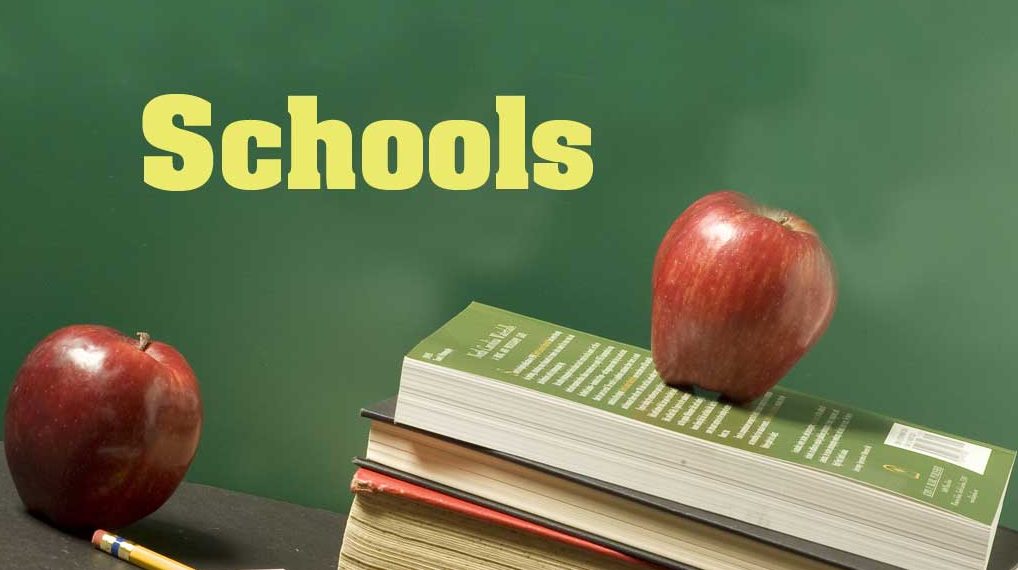As protests against police brutality and racial inequality spread to Lawrence Township, advocates for racial justice should also examine another institution: schools.
In Lawrence and across the country, suburban schools help maintain inequality. In addition to protesting police brutality, white people who support racial justice can also positively impact Black lives by challenging their own privilege and advocating for change in the education sector, too.
The promise of good schools drew my mother to Lawrence Township, as is often the case for Black families in suburban communities nationwide. My mother did not attend college, and like many working class Black women of her generation, her lack of formal educational credentials limited her ability to build the life she wanted for herself and her family. As a result of her expectations and advocacy, I received an excellent public education that enabled me to attend and thrive at two elite universities.
But my experience is something of an anomaly. As the recent #BlackinLawrenceNJ campaign shows, many Black students do not thrive in Lawrence’s public schools.
The teaching force in Lawrence Township does not reflect the diversity of the community. Throughout my time in the Lawrence Township Public Schools (LTPS), I had a total of two nonwhite teachers – in sixth grade and high school. Last year, 90% of teachers districtwide were white, although half of the district’s students were not. Black students who are taught by just one Black teacher before third grade are more likely to attend college, and Black students who are taught by a Black teacher are more likely to be recommended for gifted programs. Students need teachers who look like them, not just because these teachers are potential role models, but also because they may be able to more fully see their nonwhite students’ potential.
Black students are largely excluded from the districts’ strongest learning experiences. Particularly in my English and history classes, I learned how to marshal evidence in service of arguments, make sense of the world around me, and interrogate my place in it. Due to tracking in fourth through sixth grade, and through the honors and AP program, I was often one of two Black students. I remember walking back from lunch, and seeing most of my nonwhite peers being asked to fill in PowerPoint slides, respond to dull short answer questions, or even just do word searches. The strongest predictor of a students’ success in college is the difficulty of their high school classes, and not many Black students are taking the districts’ most rigorous courses. In 2015, just 4 of the 47 students enrolled in Algebra I at Lawrence Middle School were Black, even though 17.5% of the study body was Black. Just 10 of the 200 students who took physics at at Lawrence High School that year were Black.
Perhaps because of a largely unchallenging curriculum, and the fact that adults who staff their schools do not look like them, Lawrence’s Black students disproportionately face exclusionary discipline. Black students accounted for about 40% of the students given a suspension at both Lawrence Middle School and Lawrence High School in 2015. Suspensions further disengage students from school, and increase their risk of being held back and dropping out.
It is arguably much easier to change public education through the democratic process than it is to impact policing. School board governance is not as opaque as police union dealings. White people can do many things on an individual basis to challenge race-based inequality in education. Go to school board meetings, and demand policies that broaden screening for the advanced math sequences. Advocate for equity teams at both the district and site levels, to address root causes of disparities, or teacher residencies with local colleges, to attract more nonwhite teachers. Don’t send your children to private school after sixth grade.
Public support for the Black Lives Matter movement is at its highest. Let’s use this opportunity to take on racial injustice in education too.
Abel McDaniels
West Trenton




